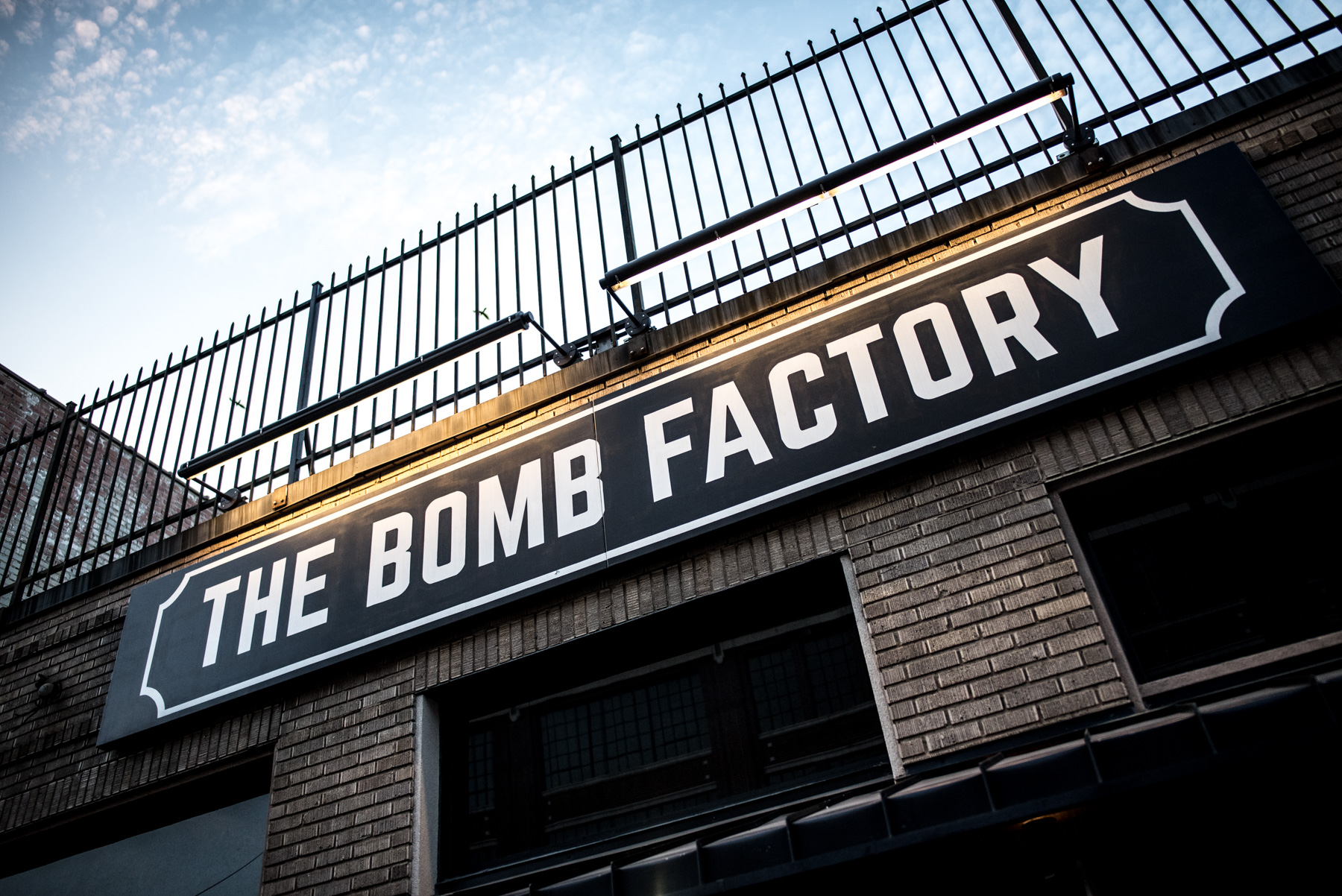Since mid-March, Dallas’ cultural venues have been eerily quiet. Thousands of seats in cavernous concert halls remain empty. The stages are dark, the general admission floors are empty. The COVID-19 pandemic hasn’t just changed business for many in the live event industry. There is no business. While Congress considers a bipartisan bill that would cover nearly half of a venue’s operating costs, the outlook is grim.
Deep Ellum was hit particularly hard. There are about 25 live performance venues in the neighborhood. So when efforts to curb the coronavirus restricted large gatherings, the neighborhood’s lights dimmed.
“We’ll go around at night and it’s dead still–feels like we’re in small-town America or something,” says Clint Barlow, owner of the Bomb Factory, Canton Hall, and Trees. All three venues have been shuttered for nearly five months. Barlow says he is paying his employees out of his own pocket.
Lily Cabutu Weiss, executive director of the Dallas Arts District, says the district’s venues have lost $23 million through May 31. Citywide, a survey of 57 arts organizations found total losses at $34 million through the end of May; most of the losses are concentrated in the Arts District. At the nonprofit AT&T Performing Arts Center, about 60 percent of the staff has been furloughed.
Survival is an active process for the AT&T Performing Arts Center, which is starved for ticket revenue and ancillary income from concessions and parking. It’s bringing in almost nothing. The center created a “Raise the Curtain Campaign” to encourage donations and still retains contributed income from sponsors. That source of revenue has suffered, too, as a recession impacts every business’ financial standing.
“We thought it would be short term and the dynamics of this thing were that almost every day, but certainly every week, the new facts were surfacing that the case rate was going up … so every week, the news really got more dire,” said Debbie Storey, president and CEO of the AT&T Performing Arts Center. “We spent week after week after week just saying, ‘What if we can’t open till April? What if we can’t open until July? What if we can’t open until September?’’
As daily COVID-19 hospitalizations continue to increase in Dallas County, the likelihood of venues opening before 2021 seems less and less likely. Joanna St. Angelo, president of the Dallas Area Cultural Advocacy Coalition and executive director of the nonprofit Sammons Center for the Arts, says the closures have especially affected nonprofits. They operate on thin margins but still rely on revenue.
“When the business community catches a cold, the nonprofit community catches pneumonia,” St. Angelo said.
The Sammons Center’s primary income sources are rent from office and rehearsal space as well as ticket sales. Now, the building is closed, shutting off those sources of cash.
While some venues were able to qualify for PPP loans, many did not. Concert venues also face the longest road back to normal operations, since large gatherings are a hotbed for COVID-19 transmission. Touring shows also present a dilemma in a country where coronavirus responses have varied widely across states.
Given their unique circumstance, 111 Dallas Arts Groups signed a letter in support of the Save Our Stages Act, which was introduced by U.S. Sens. John Cornyn (R-Texas) and Amy Klobuchar (D-Minnesota). The bill would provide $12 billion in relief to performing arts organizations, each entity eligible to receive 45 percent of their annual revenue from 2019 or $12 million, whichever is less.
“I know for us it would be a lifeline. We would be ecstatic if this bill goes through,” St. Angelo said. “I think it’s important to note that this bill is a bipartisan bill, which right now seems rare, and so we hope that it will garner the support that we think it deserves.”
With many venues earning no revenue, the bill offers some money to pay basic bills and prevent more employees from adding to the nationwide spike in unemployment. Of course, it still has to pass.
“I don’t know if they’re gonna pass it,” Barlow said. “I don’t want to get excited with a pre-thought that they’re gonna be able to help bail everything out when they may or may not … I hope that we, collectively, will be able to be influential on the decisions being made in the future by our government and state officials.”
For the public who might not be directly impacted by the industry, the bill would mean fewer closures. Or, at least, delayed closures. So when social distancing is a thing of the past, people can again gather and share in live music and performance art.
“We have been a live music hub for over 100 years, so that’s core to what draws people to the district,” said Stephanie Hudiburg, executive director of the Deep Ellum Foundation. “That’s core to the heart of what inspires people, whether it’s entrepreneurs starting up a business in Deep Ellum or residents that want to come and live in the district. The live performance scene is just an integral part of the soul of what Deep Ellum is all about.”





